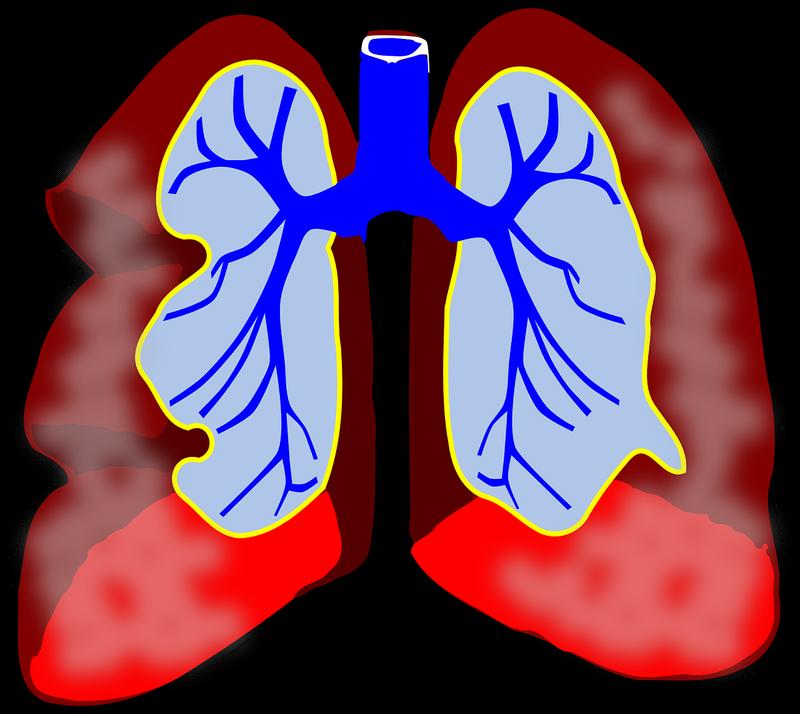Illness and the Respiratory Diaphragm
Illness and the Respiratory Diaphragm
The role of the respiratory diaphragmin dealing with illness
As an experienced craniosacral therapist, I find that the tension held in the respiratory diaphragm is present in a wide range of conditions I treat: tension headaches, neck and shoulder pain and tension, anxiety and panic attacks, respiratory and throat problems of one kind or another, allergies, intestinal issues of many kinds including Candida, and pelvic, low back and lower limb problems.
The diaphragm should function as though it’s energy porous but frequently acts as a barrier arising from stored anger and frustration much of it against ourselves. The tension held here can be so chronic that it feels as though some of my patients have forgotten how to breathe or are holding their breath in the expectation of some calamity about to befall them.
This 'holding' of anger and/or frustration (often arising from our apparent inability to solve our problems, deal with our own perceived inadequacies and generally gain control of our lives) creates tension in the pericardium (the membrane surrounding the heart) and also the two principal neck muscles (trapezius and SCM) attached to the ribs and xiphisternum respectively.
The tissue links between the diaphragm's attachment to the lower end of the sternum (the breastplate) and the attachments of the two principal neck muscles to the sternum, ribs, collar bone and shoulder blades transmit the held tension in such a way that headaches, neck and shoulder pain and tension can also be created.
Similarly, the respiratory diaphragm connection through the crura at the third lumbar spine vertebra contributes to tensions held further down the body and can be one of the causes of the Candida, pelvic, low back and lower limb problems mentioned earlier.
One of the more frequent linked issues I come across are patients living 'too much in their heads' who seem unable to quieten their over-busy minds. For anyone interested in the possibilities of energy medicine and prepared to consider an esoteric explanation of what's happening, here is that explanation!
Each organ has its own magnetic field. blood being an excellent conductor of electricity. The heart’s electrical generating system, the cardiac conduction system, produces a magnetic signal strong enough to entrain the magnetic fields of the other bodily organs including the brain, By this, I mean that each organ’s magnetic signal comes into the same rhythm as each other , possibly a factor in the way in which the so-called energy healing systems function, (craniosacral therapy being such a system).
The mythical ‘third eye’ arises from the development of insights and knowledge over many lifetimes which, together with our instinctive feelings that come to us through our heart energy, give us powerful tools to use in our everyday lives. The heart is where we’re most closely in contact with the Universe, God and our belief system; and instinctive feelings that arise here are taken into the body via the solar plexus– hence our ‘gut’ feelings. Pelvic energy then gives us the ‘passion’ and enthusiasm needed to take our instinctive feelings through to fruition, assisted by the determination and courage that also arise from the solar plexus.
The frustration barrier at the respiratory diaphragm prevents these linkages from working (often resulting in too much ‘head’ activity). We lose the ability to either act on our gut feelings or to bring passion and belief into the issues and talents that are dear to us.
Clearing this barrier – and reinstating its ‘porous’ facility – enables the intermingling of these energies that we all need for successful living and health.
The upper chest
Upper chest issues can be one of the by-products of this tension held in the diaphragm. I find that another frequent issue for patients suffering upper chest problems, including anxiety and panic, is that they've forgotten how to enjoy themselves! It's as though they're always 'on duty' and simply cannot relax into letting go and enjoying their lives!
One useful antidote to cure this tendency is to resolve to enjoy each day’s events as they unfold when waking each morning (including ‘shrugging your shoulders’ and resolving to immediately fix or deal with things that go wrong so that the sense of enjoyment is not overturned by frustration at some negative happening).
Heart issues
If pain in the chest causes any reader of this article to be concerned that they may be having a heart attack, please call a doctor immediately. This article explains some of the respiratory diaphragm tensions that are found when treating patients craniosacrally. We are not medically trained in any way, whether it's providing a diagnosis of illness or a prescription for medication.
David Ellis
Be the first to post a message!
